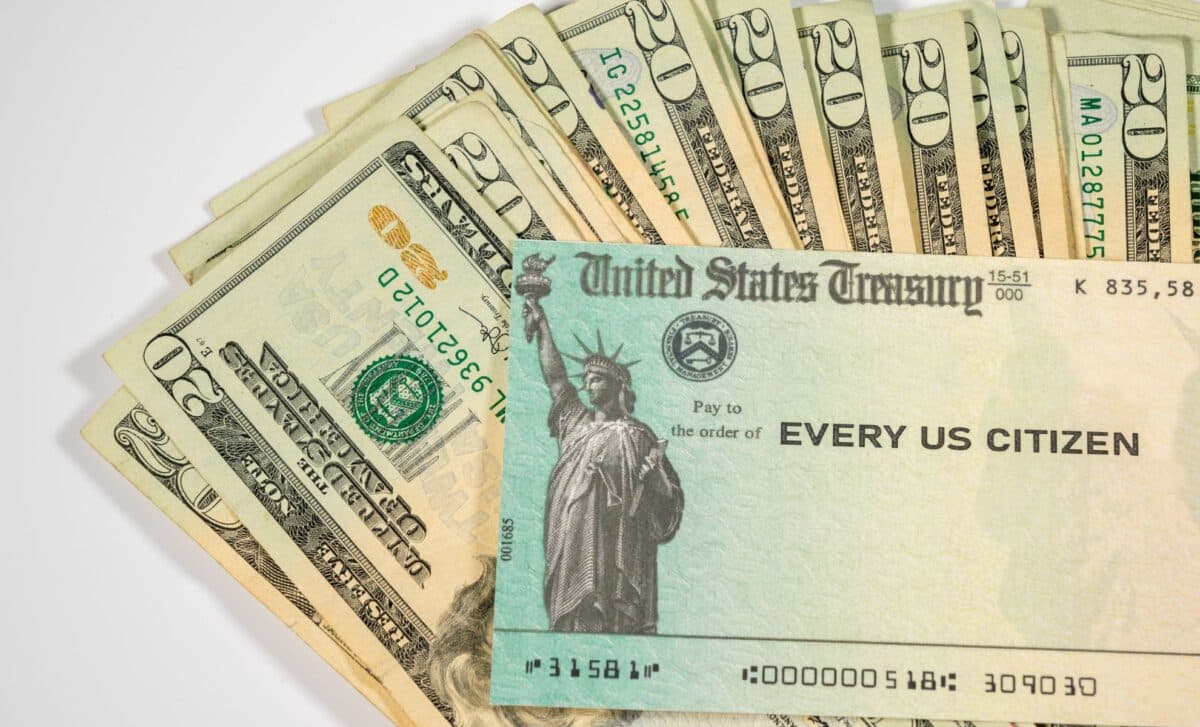A sweeping reduction in government credit card limits has left many federal employees struggling to perform their duties, with some resorting to bartering for basic supplies.
The decision, part of a broader initiative led by Elon Musk and the Department of Government Efficiency (DOGE), saw thousands of credit cards deactivated and spending limits slashed.
Restrictions on government credit cards have severely impacted workers’ ability to purchase essential items such as gas for government vehicles, and access to legal resources.
According to Yahoo News, critics argue that while the move aims to curb government expenditure, it is creating significant operational challenges across multiple agencies.
Government Credit Cards Frozen Under New Cost-Saving Measures
The changes stem from an executive order signed on February 26, which effectively froze federal credit cards for 30 days, with exemptions only for law enforcement, the military, and disaster relief services.
According to DOGE, the move was part of a long-term strategy to reduce wasteful spending and increase efficiency within federal agencies.
The General Services Administration (GSA) confirmed that over 24,000 government credit cards were deactivated, and a $1 limit was imposed on the remaining accounts.
A GSA statement described this as a “risk mitigation best practice”, but critics argue that the measure has gone too far, affecting essential government functions.
Federal workers are prohibited from using personal credit cards for job-related expenses, leaving them with limited options to cover routine operational costs.
Federal Employees Struggle to Maintain Basic Functions
With purchasing power severely restricted, workers at various government agencies have reported significant disruptions. The Environmental Protection Agency (EPA), for instance, has struggled to procure liquid nitrogen for storing environmental samples.
On the other hand Social Security Administration (SSA) employees have been unable to generate UPS shipping labels due to the frozen cards. Legal professionals within the Treasury Department faced initial barriers to accessing PACER, the electronic filing system for federal court cases, though access was later reinstated.
In another case, a Food and Drug Administration (FDA) employee reported difficulties ordering pipette tips, a standard laboratory item, leading to inter-office borrowing. Jessica Childress, a former Department of Justice attorney, described the situation as “chaotic”, warning that it could paralyse key government operations.
She emphasised that these credit cards are crucial tools.
“These cards are the ways that many government workers are performing the duties they’ve taken an oath to perform,” she explained. “It facilitates the ability of these employees to do their jobs.”
Critics Question the Effectiveness of Musk’s Cost-Cutting Strategy
While the GSA’s SmartPay programme previously facilitated around $30 billion in annual transactions, its drastic reduction under Musk’s efficiency drive has raised concerns over its practicality. The programme, which has been in place for 25 years, has reportedly returned $5.6 billion in cash rebates to federal agencies.
Supporters of the initiative argue that eliminating unnecessary expenses is necessary to improve fiscal responsibility, particularly given the federal government’s historically high budget deficits. However, critics argue that while cost-cutting is important, an indiscriminate approach could do more harm than good by impairing government operations.









